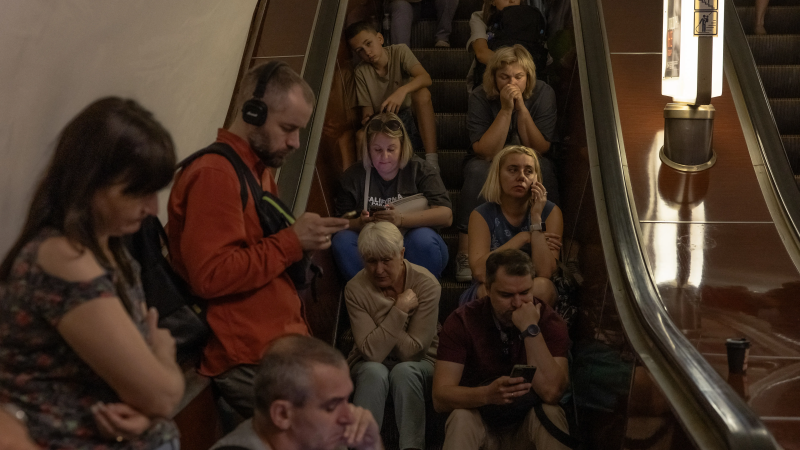When is Labor Day 2024? What to know about history of holiday and why it's celebrated
The calendar is getting ready to flip from August to September, which will soon mean the return of colorful leaves on trees, football season and bonfires. It also means Labor Day is approaching, meaning the unofficial end of summer.
During the three-day Labor Day weekend, many Americans will travel, shop for deals online and in-store and maybe sneak in one final visit to the beach or neighborhood pool.
However, the federal holiday is much more than just the summer's last hurrah. Observed each year on the first Monday of September, Labor Day is at heart a celebration of the hard-won achievements of America's labor movement and a recognition of what workers have contributed to the nation's prosperity.
Here's what to know about the Labor Day holiday, including when it is in 2024 and how it started.
Flying for Labor Day weekend?TSA predicts record-breaking numbers at security
When should you leave?The best and worst times for traffic over Labor Day Weekend 2024
When is Labor Day in 2024?
In 2024, Labor Day falls on Monday, Sept. 2.
Why do we celebrate Labor Day?
Rooted in the the labor movement of the 19th century, the holiday originated during a dismal time for America's workers, who faced long hours, low wages and unsafe conditions.
As labor unions and activists advocated and fought for better treatment for workers at the height of the Industrial Revolution, the idea arose to establish a day dedicated to celebrating the members of trade and labor unions, according to History.com.
Even today, many Americans continue to celebrate Labor Day with parades and parties − festivities outlined in the first proposal for a holiday, according to the U.S. Department of Labor. Since those early celebrations, Labor Day is now also marked with speeches by elected officials and community leaders who emphasize the economic and civic significance of the holiday.

How did Labor Day begin?
Two workers can make a solid claim to the title of Labor Day's official founder, according to the labor department.
Some records show that it was Peter J. McGuire, the co-founder of the American Federation of Labor, who in 1882 first suggested the idea for the holiday. However, recent research supports the contention that machinist Matthew Maguire proposed the holiday in 1882 while serving as secretary of the Central Labor Union in New York.
Regardless of which man deserves the credit, Labor Day soon became recognized by labor activists and individual states long before it became a federal holiday.
Organized by the Central Labor Union, the first Labor Day holiday was celebrated in 1882 in New York City, according to the labor department. On that day, 10,000 workers took unpaid time off to march from City Hall to Union Square, according to History.com.
New York was also the first state to introduce a bill recognizing Labor Day, but Oregon was the first to pass such a law in 1887, according to the labor department. By 1894, 32 states had adopted the holiday.
When did Labor Day first become federally recognized?
Labor Day became a national holiday in 1894 when President Grover Cleveland signed a law passed by Congress designating the first Monday in September a holiday for workers.
But the federal recognition was hard-won, having come after a wave of unrest among workers and labor activists brought the issue of workers' rights into public view.
In May that year, employees of the Pullman Palace Car Company in Chicago went on strike to protest wage cuts and the firing of union representatives, according to History.com. A month later, the government dispatched troops to Chicago to break up a boycott of the Pullman railway cars initiated by labor activist Eugene V. Debs, unleashing a wave of fatal riots.
Congress quickly passed an act making Labor Day a legal holiday in the District of Columbia and the territories. By June 28, Cleveland signed it into law.
Eric Lagatta covers breaking and trending news for USA TODAY. Reach him at elagatta@gannett.com.
Gabe Hauari is a national trending news reporter at USA TODAY. You can follow him on X @GabeHauari or email him at Gdhauari@gannett.com.
Disclaimer: The copyright of this article belongs to the original author. Reposting this article is solely for the purpose of information dissemination and does not constitute any investment advice. If there is any infringement, please contact us immediately. We will make corrections or deletions as necessary. Thank you.





